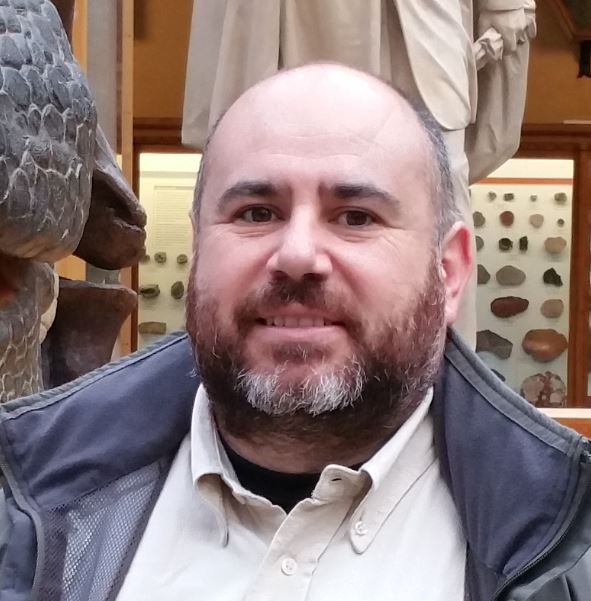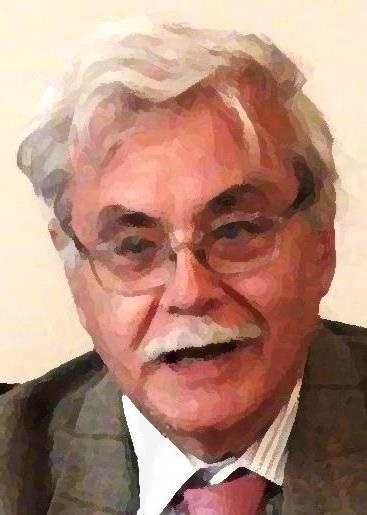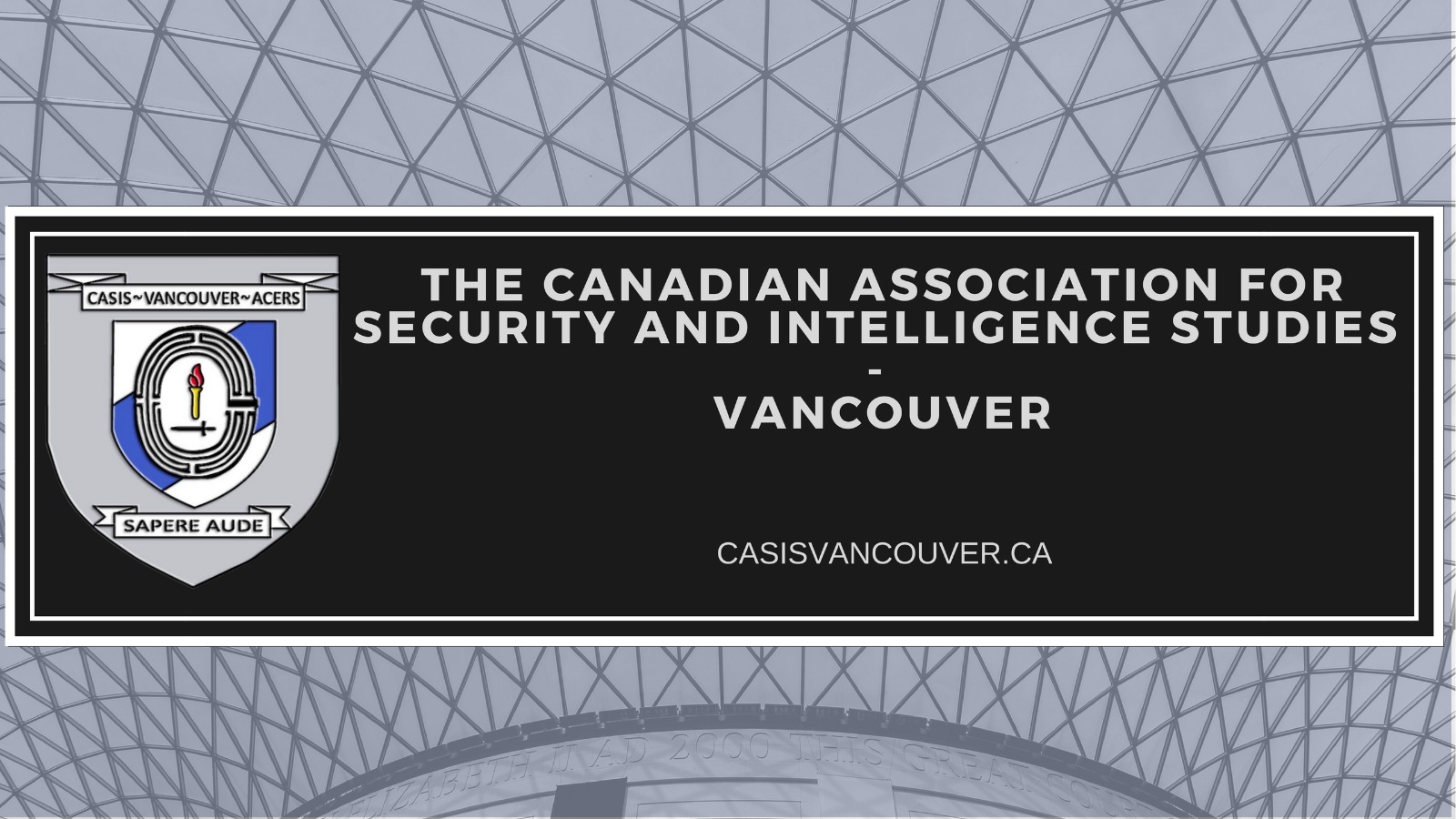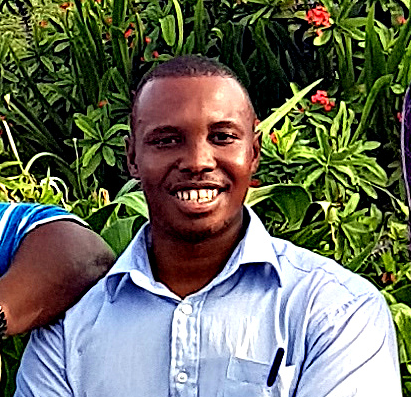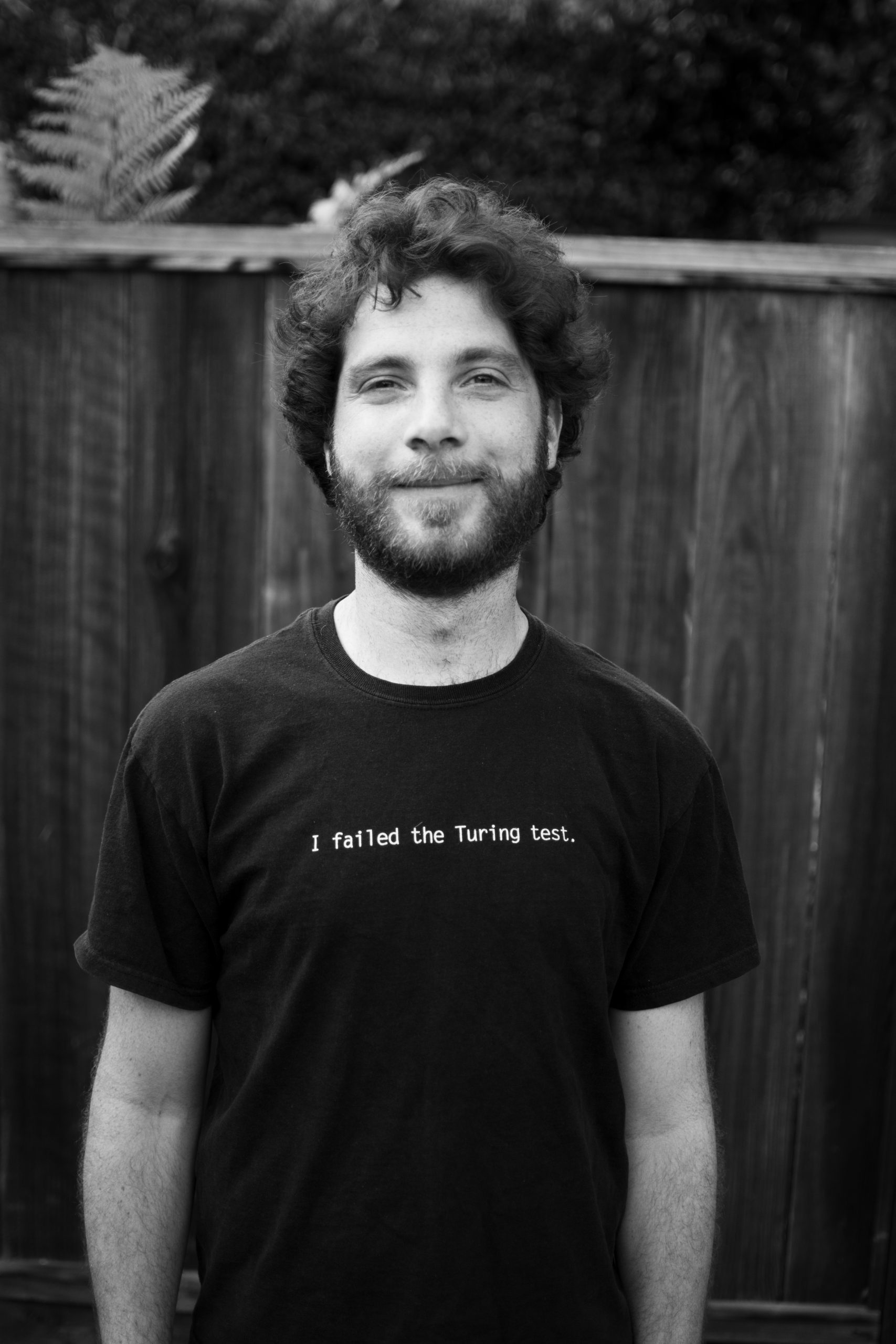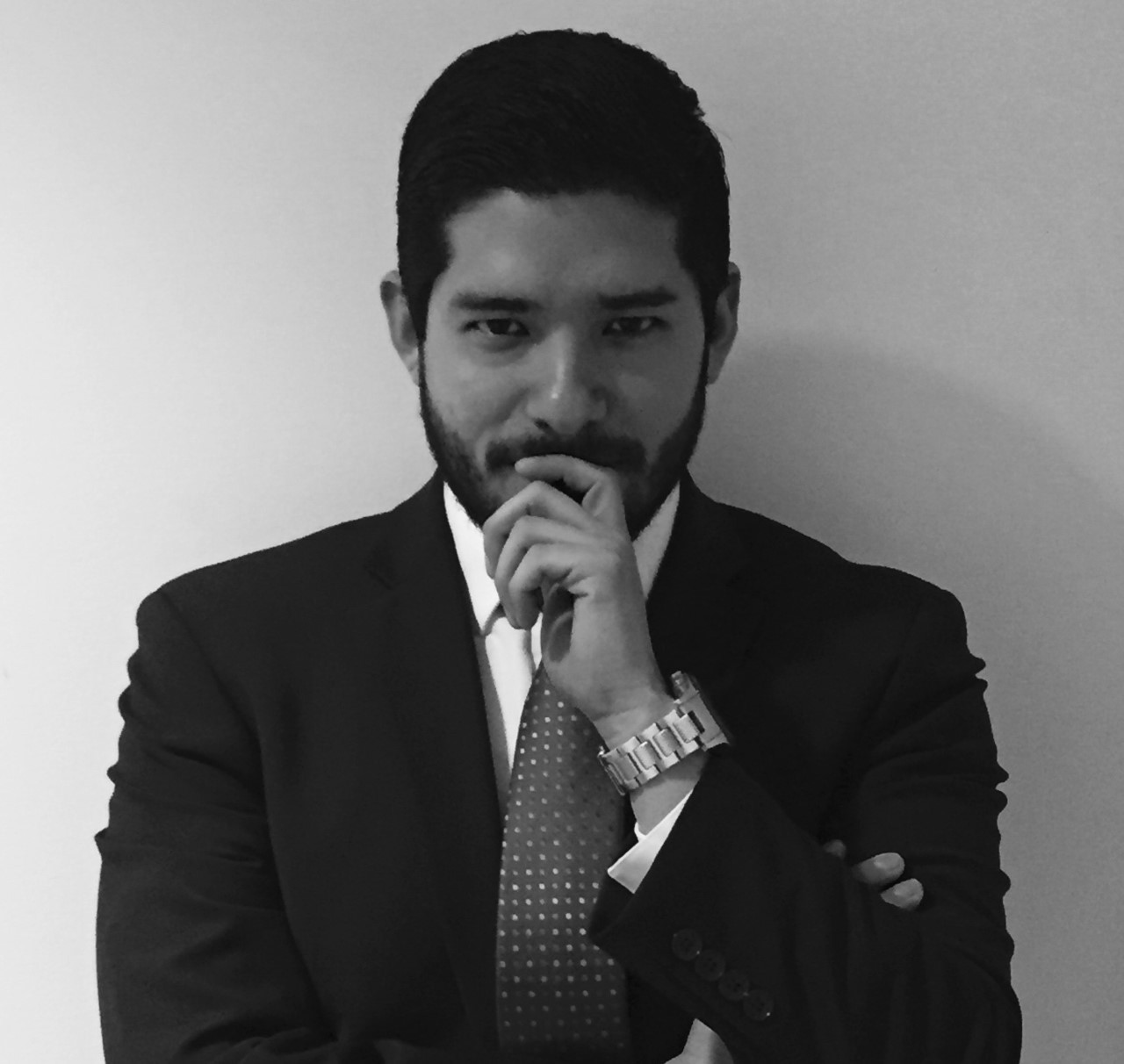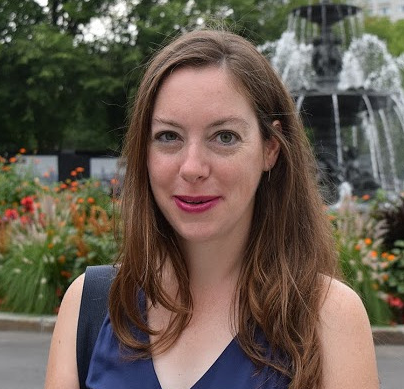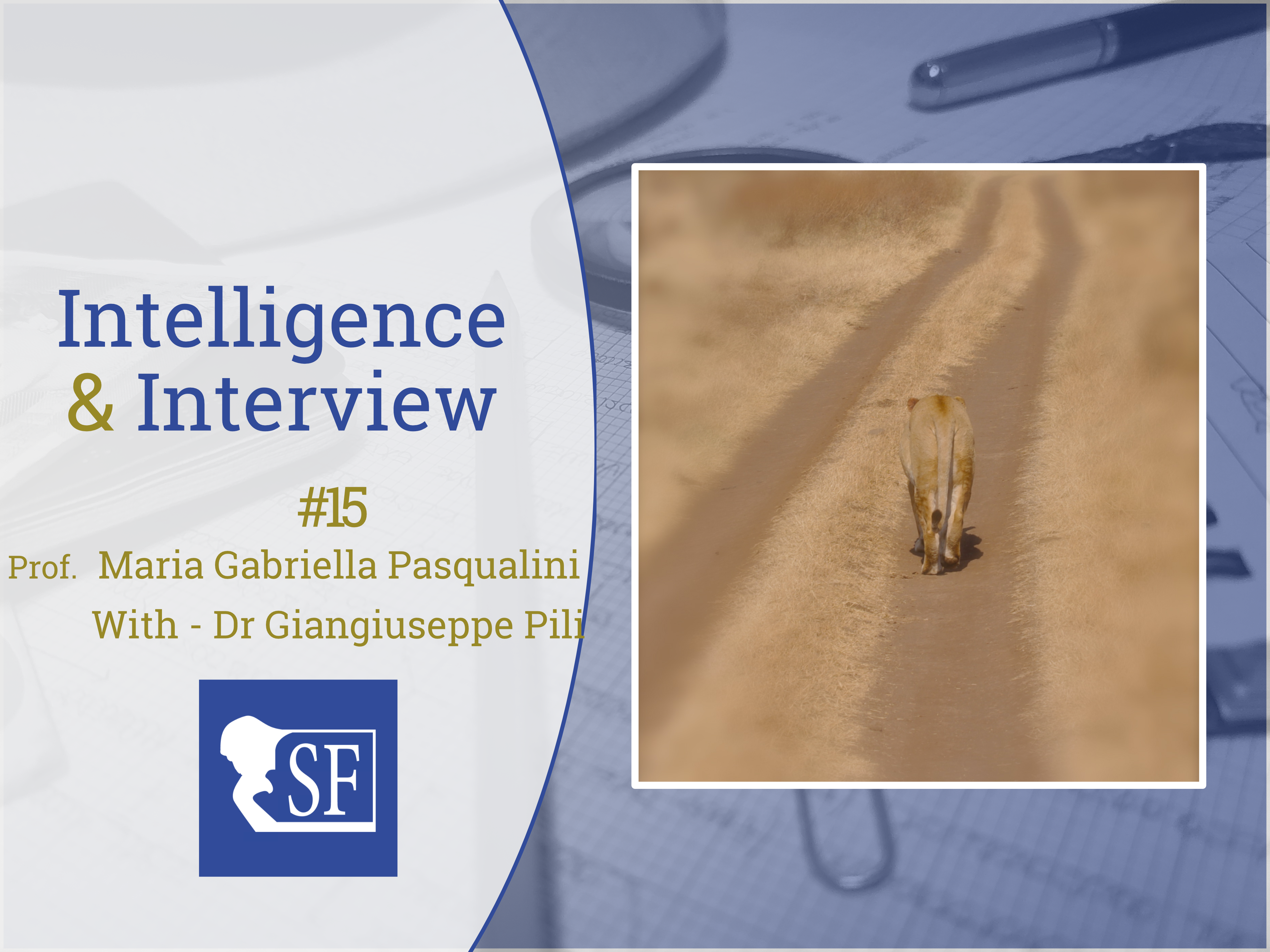
Professor Maria Gabriella Pasqualini is not only one of the best (if not THE best) Italian intelligence historian. She is also a passionate photographer (the pictures you see are hers). And she is a wonderful person. Her passion for her research can only be known to those who had the pleasure of talking to her. Since I started working on “Intelligence & Interview”, now arrived at its 15th issue, I had the pleasure to meet extraordinary persons. All of them are enthusiastic, deep thinkers, and valuable experts in their fields. However, Professor Pasqualini is really a perfect expression of what lead me to embark on this project in the first place. My curiosity toward topics I love brought me the opportunity to discuss what I work at a new level of understanding. This interview is on Italian intelligence history. Bringing the Italian perspective to the international community is a goal I’m pursuing since I started working with professor Caligiuri and Fabrizio Minniti. That’s why Fabrizio and I published a paper in the International Journal of Intelligence and CounterIntelligence on the Italian reform’s aftermath. Professor Pasqualini is definitely an authority impossible to be matched in her field. Her knowledge comes from years of experience and research directly into the archives. We worked together to be sure that this interview is sufficiently able to give the international readers the flavor of Italian history. So, I’m excited to publish this interview after so many personal exchanges with professor Pasqualini. She really enriched me. I hope you all will be. She published so much in Italian, and beyond that, I can only recommend her work. It is really worthy. Then, it is with my distinct pleasure to publish the interview on Scuola Filosofica – for those who don’t know it yet, is one of the leading cultural blogs in Italy. In the name of Scuola Filosofica Team, our readers, and myself, Dr Giangiuseppe Pili, Maria Gabriella: thank you!


